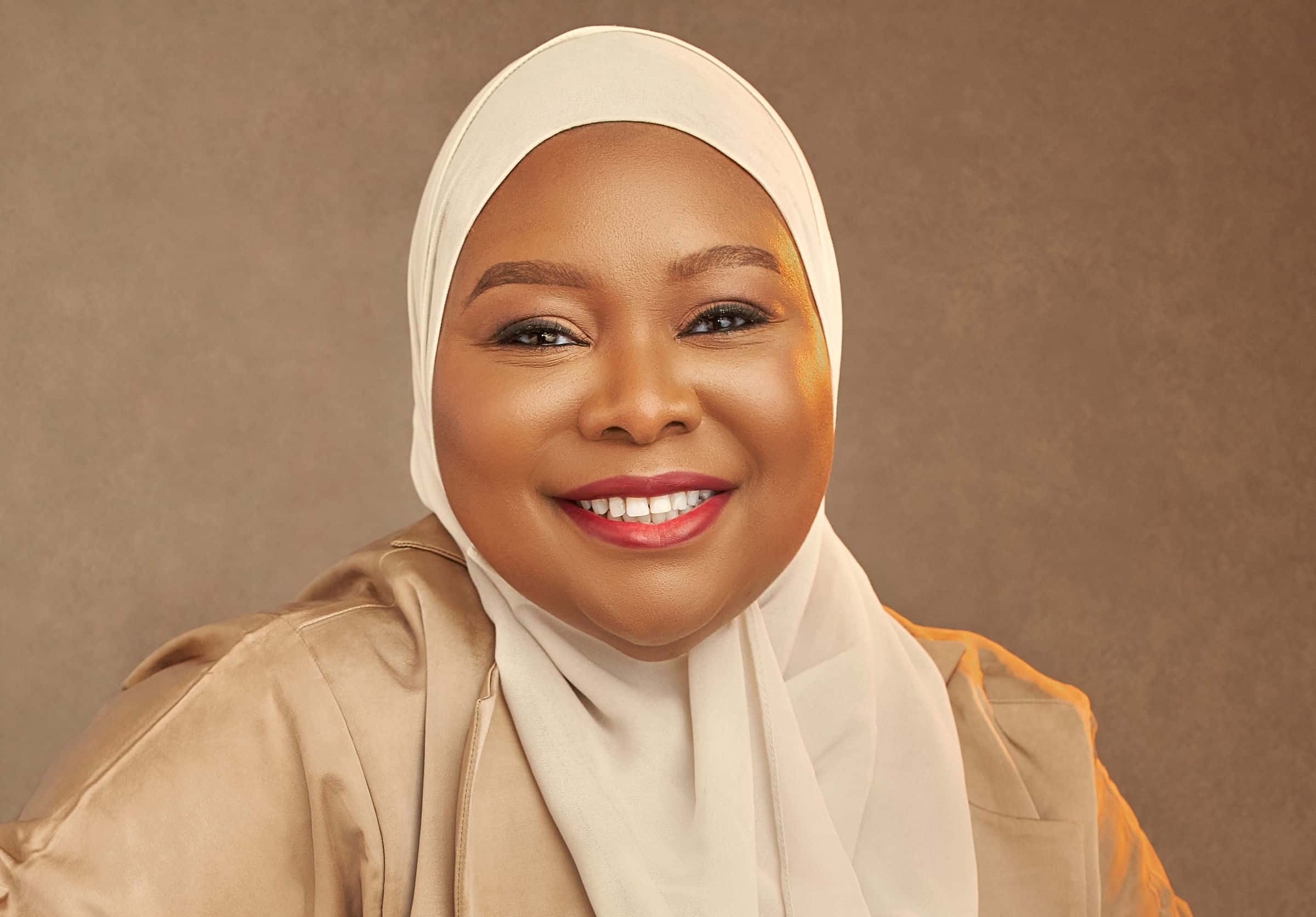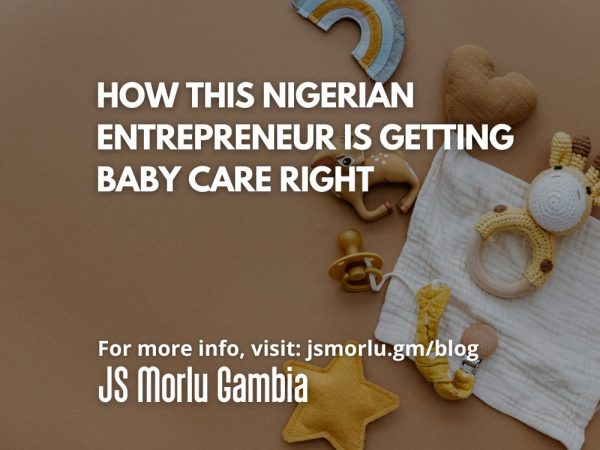
Zuwaira Isah-Ikharo is endeavoring to meet the needs of new moms in the West African region by providing products that are natural and non-toxic.
Mothers shouldn’t have to choose between what works and what is good for their children. This is reportedly the premise behind American A-lister and self-made entrepreneur, Jessica’s Alba’s Honest Company. During her pregnancy in 2008, the actor realized that she couldn’t find affordable natural baby products. Her response was to fill that gap. In 2015, the Honest Company was valued at about $1.7 billion.
Here, on the African continent, Alba’s success story resonated with another new mom–Amal Botanicals’ founder, Zuwaira Isah-Ikharo.
Born in Kaduna State in Nigeria, Isah-Ikharo was surrounded by entrepreneurship. Although her mother and father worked as a lecturer and immigration controller respectively, they both dabbled in side hustles. Isah-Ikharo’s mother opened a provision shop while her dad co-authored a best-selling book on small business and food processing. Isah-Ikharo, however, took an unconventional path towards realizing her entrepreneurial prowess.
Her early career was in the accounting field where she worked as a chartered accountant for various organizations, including the Federal Inland Revenue Service in Nigeria. Her specialism was taxation as well as forensic accounting. The plan was to build her career in the accounting field and perhaps rise to the top with her own firm. That is until she got pregnant and, like Alba, her maternal, protective instincts for her unborn children kicked in.
“I had my triplets in 2013 and that is when my entrepreneurial career started. My children were born premature and, even when I was pregnant, I had a high-risk pregnancy and I was told to stay away from some products and cosmetics. All the products I had bought for my children, which were conventional baby care products, were not suitable for them. I needed something more natural and toxic-free to use on them because they were in the incubator and they were still receiving therapy,” says Isah-Ikharo.
According to a report by news distribution platform, GlobeNewswire, the global baby care products market is estimated to reach $26.84 billion by 2030. In recent years, the term ‘baby products’, which broadly denotes all products made for infants under the age of three, has become increasingly popular.
In Nigeria, in particular, market and consumer data provider, Statista, estimates that the baby and child market segment is expected to grow annually by 19.15% (CAGR 2023–2027).
The problem for Isah-Ikharo was that there were no products on the market that she felt she could trust. That is when she began to do her own research and, with the help of her personal Instagram page, she started sharing how she dealt with taking care of the triplets and the experimental products she was using.
“I was getting response[s] from people asking me what I was using and this was coming from all over Africa. I also discovered that there were other mothers on my page and they needed to hear more from me.”
To help her formulate her products, Isah-Ikharo took a course with a cosmetic science formulation company in London, with a special focus on children. Once she got her certification, she began creating her own unique formulation, which she shared with family and friends.
“They kept demanding it and I needed to put a price on it to help restock my raw materials because I was giving it [away] for free for a while. And that is how Amal Botanicals actually started,” says Isah-Ikharo.
Her first products, which included a moisturizing cream, soothing shea oil, bubbly bath wash and African black bar soap, were immediate best-sellers.
“When I started, I only had the vision. No one understood what I was trying to do and they thought it would not survive. Starting a business for a delicate niche like babies was risky because people are very careful about what they use on their children. So, trust in [the] brand I was building is very important.”
Today, Amal Botanicals is still self-funded and has grown organically with products being shipped to all 36 states in Nigeria as well as to Ghana. But the growth has not been without its challenges.
“One of the difficult challenges we have had relates to sourcing raw materials and we all know how the exchange rate has impacted businesses globally. Right now, most of our packages are still imported because we want to be able to compete with the global brands out there and hence, there is [a] high cost of importation. Our packages are imported from China and the back and forth from our manufacturers can become very tedious,” says Isah-Ikharo.
With minimal barriers to entry in Nigeria, Isah-Ikharo has her vision cut out for her–of becoming one of the biggest suppliers of quality natural baby care products.
“The beauty industry in Nigeria is plagued by people with substandard products. Because it is easy to enter, we have people with no certification mixing products together without following the due process of formulation and this can be dangerous to customers, and harms our industry,” says Isah-Ikharo.
But like Alba, Isah-Ikharo is determined to build a leading baby care brand in Africa and with sales of her products consistently selling out, the future certainly looks bright.
Original Source: Africa Forbes
